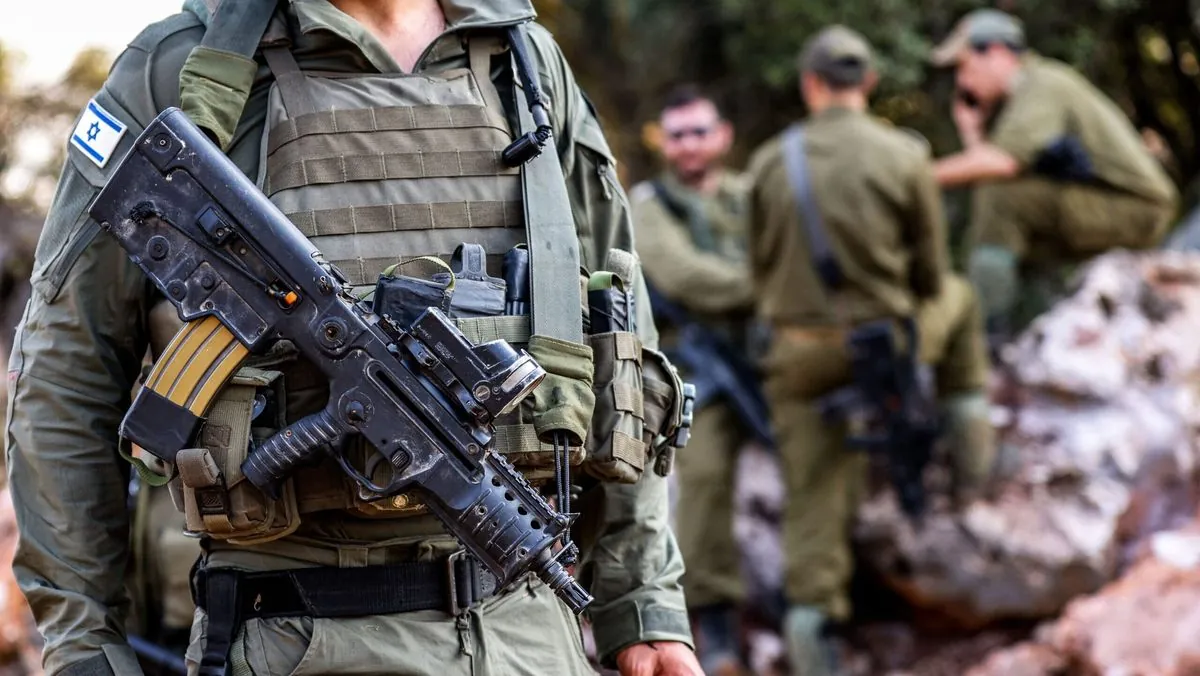Israel's recent military actions against Hezbollah in Lebanon and Syria have sparked a complex debate about the effectiveness and ethics of such operations. The attacks, which occurred approximately one year ago, demonstrated Israel's technical prowess but also raised serious concerns about civilian casualties and long-term strategic gains.
The operation involved the use of explosives hidden in everyday devices, resulting in synchronized explosions that killed at least 40 people and injured over 3,000. This tactic, while showcasing Israel's operational sophistication, has drawn criticism for its impact on non-combatants. The incident serves as a reminder of Israel's long history of military operations, including the 1967 Six-Day War and the 1976 Entebbe Airport raid.
Benjamin Netanyahu's approach to security, relying heavily on military superiority and offensive operations, has come under scrutiny. Critics argue that this strategy may perpetuate a cycle of violence and create new adversaries. The ongoing offensive in Gaza against Hamas, which began nearly a year ago, exemplifies this concern.
"The explosions, which targeted Hezbollah operatives who were not actively engaged in warfare at the moment of the strike, were very likely war crimes."
The situation in the Middle East is deeply rooted in historical and cultural contexts. Israel, established in 1948, draws legitimacy from ancient Jewish history, while Iran represents a civilization with traditions dating back to antiquity. The conflict between these nations and their proxies is not merely a modern political dispute but a clash of long-standing identities.
The article suggests that lasting peace in the region requires mutual recognition of needs and interests. This applies not only to the Israeli-Palestinian conflict but also to relations with Iran. The policy of isolating Iran, a nation of 90 million people, has proven counterproductive, pushing it towards non-state proxies and closer ties with Russia and China.
Iran's nuclear program remains a central concern for Western nations and Israel. However, the global record of disarming nuclear-capable states is not promising. The article argues that addressing Iran's security concerns, along with those of other regional players, is crucial for achieving broad security in the Middle East.
The author proposes increased diplomatic engagement with Iran as a potential path forward. This approach could help defuse regional tensions and address the security concerns of all parties involved, including Israel, Saudi Arabia, and the Palestinians.
In conclusion, the article emphasizes that military superiority alone cannot guarantee long-term security for Israel or stability in the Middle East. A more nuanced approach, involving diplomatic engagement and recognition of historical contexts, may be necessary to break the cycle of violence and achieve lasting peace in this complex region.
